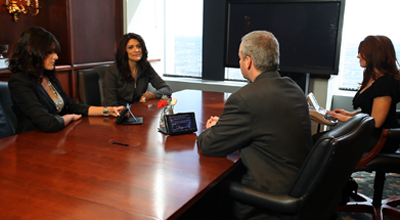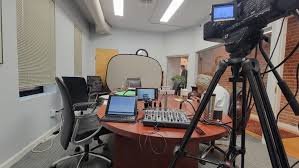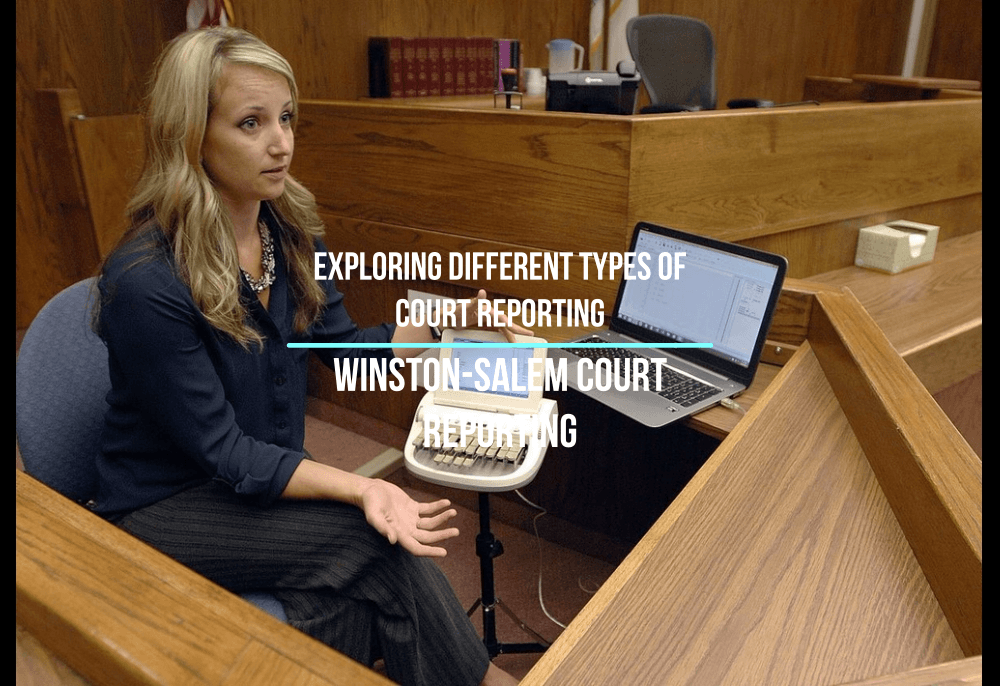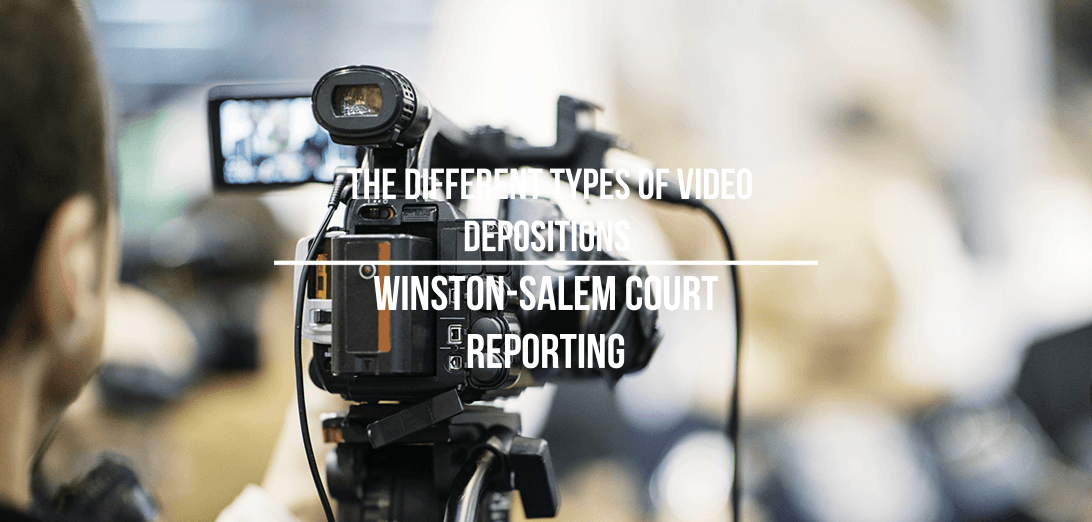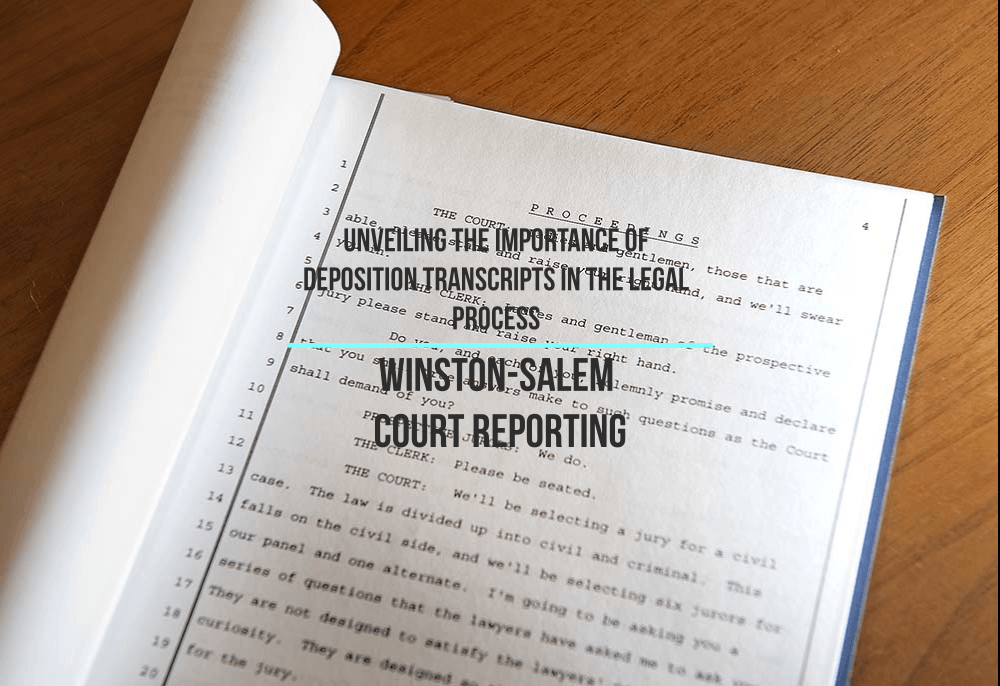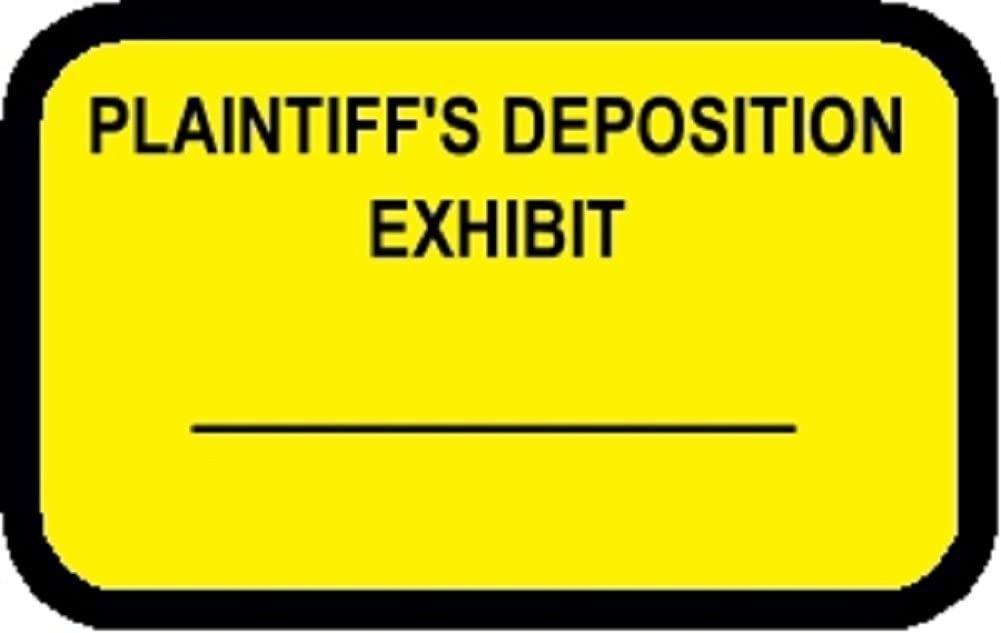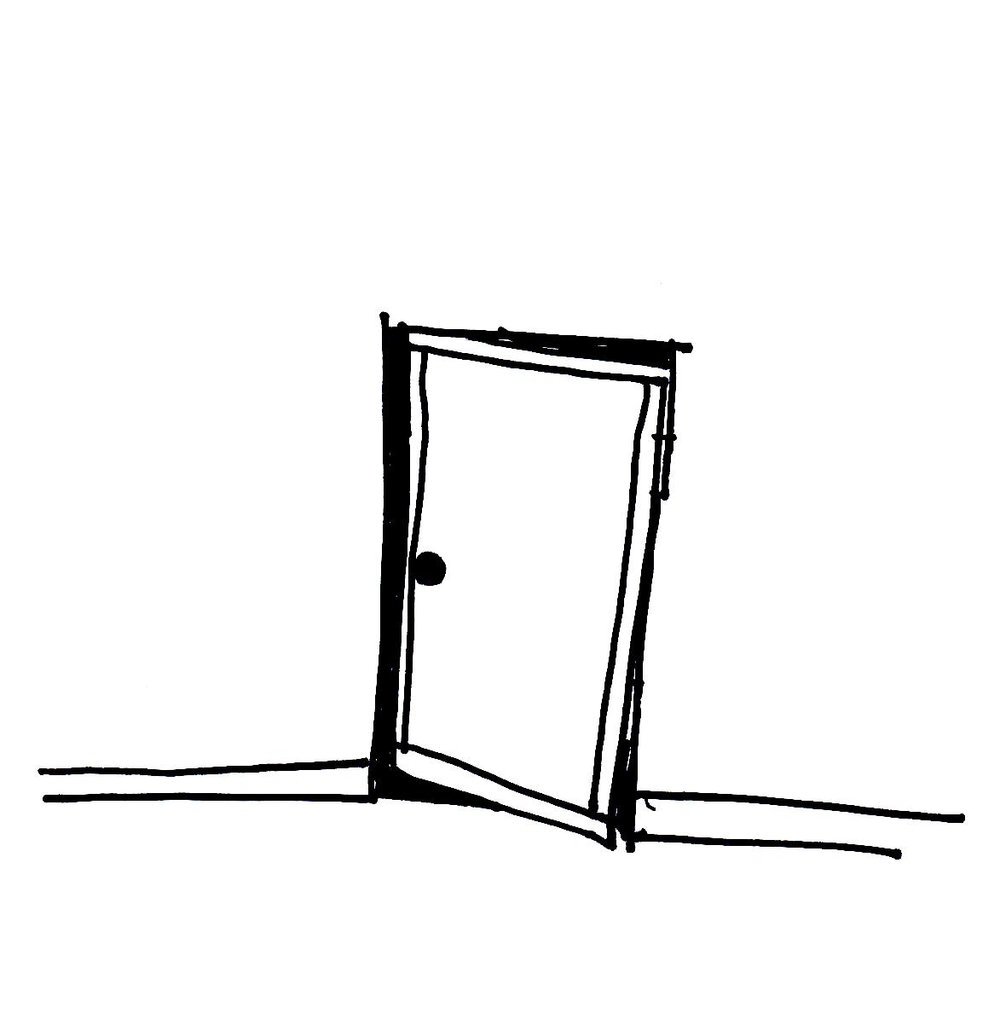Depositions are a cornerstone of the discovery process in civil litigation, providing attorneys with valuable insights into the facts, strategies, and credibility of a case. However, the deposition process can sometimes be marred by misconduct, which may undermine the integrity of the proceeding and hinder the discovery of truth. Whether it’s improper objections, intimidating behavior, or non-responsiveness, deposition misconduct can significantly affect a case’s outcome.
In this blog, we’ll explore the key types of deposition misconduct and offer strategies to prevent it, ensuring that the deposition process remains fair, efficient, and effective.
What is Deposition Misconduct?
Depositions occur when attorneys question a witness or party under oath outside of the courtroom, with the testimony recorded for later use. Deposition misconduct refers to any behavior that disrupts the fairness of the deposition process. This can include actions from either the attorney, witness, or even the court reporter that interfere with the accurate and truthful exchange of information.
Common examples of deposition misconduct include:
- Obstructive Objections: Attorneys may frequently object to questions in an attempt to impede the flow of information, particularly when they believe a question is harmful to their case.
- Coaching the Witness: Attorneys may provide improper guidance to the witness, suggesting how to respond to certain questions.
- Badgering or Intimidating the Witness: Attorneys may attempt to intimidate or harass the witness, using aggressive questioning tactics.
- Non-responsive Answers: Witnesses or parties may avoid answering questions, offer vague or irrelevant answers, or refuse to respond.
- Excessive Delay or Interruptions: Attorneys or other parties may attempt to delay proceedings or interrupt questioning to create confusion or limit effective testimony.
Preventing Deposition Misconduct: Key Strategies
1. Set Clear Guidelines Before the Deposition
One of the most effective ways to prevent deposition misconduct is to establish clear ground rules at the outset of the deposition. This is often done by the presiding attorney or by agreement among all parties involved. The guidelines should include:
- Respect for the question-and-answer format.
- Prohibitions against speaking objections unless necessary for preservation of a legal right.
- Clarification of when an objection may be made and how it should be done.
- Expectations for the witness’ behavior, including providing truthful and responsive answers.
Having these guidelines in place can reduce confusion and set a professional tone for the proceeding.
2. Limit Obstructive Objections
While objections are a necessary part of the deposition process, they should be used judiciously. Overusing objections as a tactic to derail the deposition is misconduct. For example, objections that are solely intended to instruct the witness not to answer, without a valid legal basis, should be avoided. Attorneys should only raise objections that are relevant, such as those concerning the form of a question or privilege.
To prevent such misconduct, attorneys should be trained to understand when objections are necessary and to avoid making objections that are disruptive or intended to confuse the witness. A clear focus on the integrity of the testimony should be maintained throughout.
3. Avoid Witness Coaching
Witness coaching is a serious form of misconduct. While attorneys may advise their clients on how to prepare for a deposition, they should never provide guidance on how to answer specific questions during the deposition itself. Coaching may involve giving a witness the “right” or “wrong” way to answer certain questions to bolster their case, which is both unethical and potentially illegal.
To prevent coaching, attorneys must make it clear to their clients that they are expected to answer questions truthfully and without prompting. In turn, attorneys must refrain from telling the witness what they should say. If coaching is suspected, the opposing attorney has the right to object and request a ruling from the court.
4. Maintain Professionalism in Questioning and Responses
It’s essential that all parties involved in a deposition—attorneys, witnesses, and court reporters—maintain professionalism throughout the process. Attorneys should avoid badgering or intimidating a witness by asking overly aggressive or repetitive questions. Likewise, witnesses should be encouraged to answer questions politely and concisely, refraining from evading or being non-responsive.
When an attorney’s behavior crosses into intimidation, the opposing attorney may object to the line of questioning and request a protective order or sanction. Having a professional demeanor and treating the process with respect ensures that the deposition remains a valuable discovery tool.
5. Use Video Depositions to Preserve Evidence
In cases where there may be concerns about misconduct or the reliability of testimony, utilizing video depositions can be an effective tool. Video recordings provide a permanent, visual record of the entire deposition process, which can deter parties from engaging in misconduct. The visual element also helps capture the context of witness testimony, ensuring that any misconduct can be documented for later reference.
Video depositions provide clarity for both the court and opposing counsel if questions about the deposition’s integrity arise. They offer a level of transparency that is difficult to ignore and may discourage inappropriate behavior.
6. File a Motion for Protective Order if Necessary
If deposition misconduct is occurring or is anticipated, the attorney can file a motion for a protective order. This legal action requests the court to intervene and restrict certain behaviors, ensuring that the deposition proceeds fairly. Courts can impose various sanctions for misconduct, such as limiting the scope of questioning, imposing fines, or even dismissing the deposition altogether in extreme cases.
This option should be reserved for serious misconduct, but it serves as an important tool in ensuring that the deposition is conducted with integrity and fairness.
7. Hold Witnesses Accountable for Non-Responsive Answers
When a witness becomes evasive or non-responsive, it’s essential for the attorney to stay firm and insist on a clear answer. If necessary, the attorney should request the court to intervene. Non-responsiveness can significantly impact the discovery process, and failure to address it can lead to delays or a distorted portrayal of the case.
Witnesses should understand that the deposition is not a time to withhold information or play games with the opposing attorney. Clear communication with the witness beforehand about the importance of providing truthful and complete answers is vital.
Conclusion
Deposition misconduct can be a significant obstacle to the fair and efficient administration of justice. By setting clear guidelines, limiting disruptive objections, avoiding witness coaching, maintaining professionalism, and utilizing tools like video depositions and protective orders, attorneys can minimize the risk of misconduct and ensure that the deposition process remains a valuable part of the legal discovery process.
Ultimately, preventing deposition misconduct is about maintaining a balance between advocacy and truthfulness, ensuring that the deposition serves its intended purpose: uncovering facts that will guide the resolution of the case.
